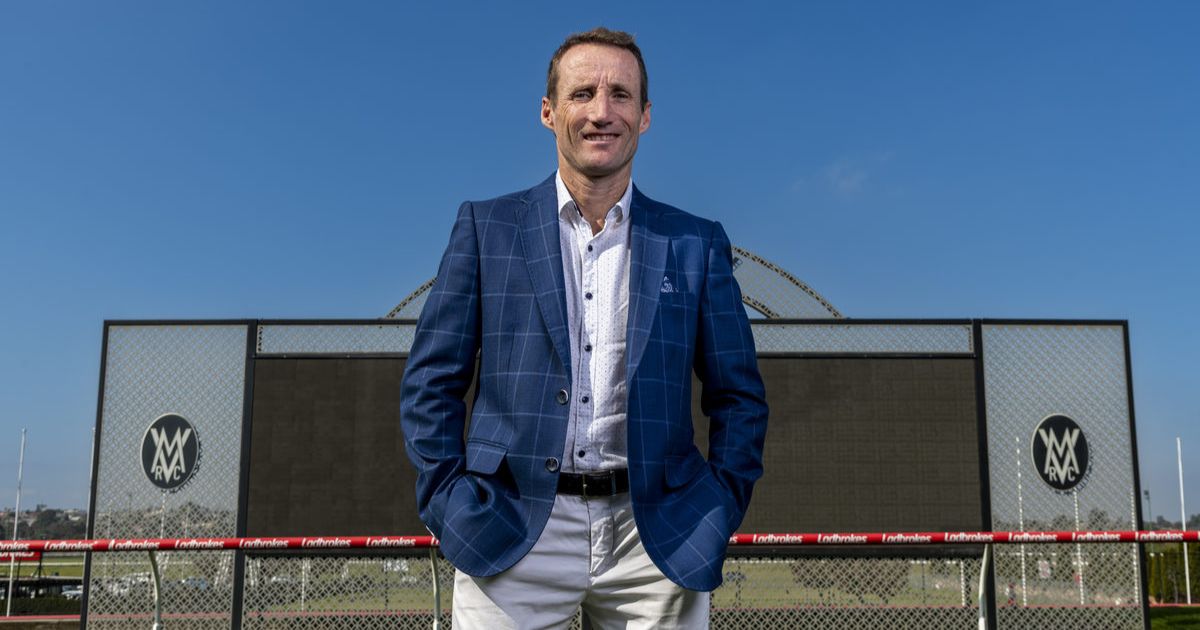The older the better for preps

The University of New South Wales has completed a study into school children and early childhood development which found children are better off starting school in the year they turn six.
A STUDY out of the University of New South Wales has found children who start school in the year they turn six are more likely to thrive in a formal learning environment compared to their younger peers.
The largest study into delayed school enrolments amongst children in the state, researchers investigated how a child’s age when they begin their schooling correlates to their developmental readiness.
Examining more than 100,000 kindergarten children, the research – which considered geographical and social variation – found one in four families delay school entry until the year their child turns six.
Doctor Kathleen Falster (UNSW and the Australian National University) said the research revealed circumstance altered whether families chose to delay their child’s schooling.
“Boys, younger children, and children from relatively advantaged families and neighbourhoods – particularly in Sydney – were more likely to delay,” she said.
“This might be because parents and teachers believe that boys and younger children are often less school-ready – but delaying school entry can come at an additional cost for families, especially if the alternative is expensive childcare.”
The data indicated a strong connection between age and developmental skills in the first year of school, marking the first time this relationship has been quantified in an Australian context. The dataset – led by UNSW’s Doctor Mark Hanly – was
recently published in the academic journal “Early Childhood Research Quarterly”.
The researchers also found a strong relationship between age and developmental skills in the first year of school.
“When we compared their (children born between August and December) developmental data there was a clear trend: outcomes improved with each additional month of age,” said study lead Dr Mark Hanly.
“Month-on-month these differences are quite small, there’s not a big gap between Augustborn children and September-born children, for example. However, accumulated over a full year, these differences add up, and unsurprisingly there is quite a large development gap between 4 ½ yearolds and 6-year-olds.”

















